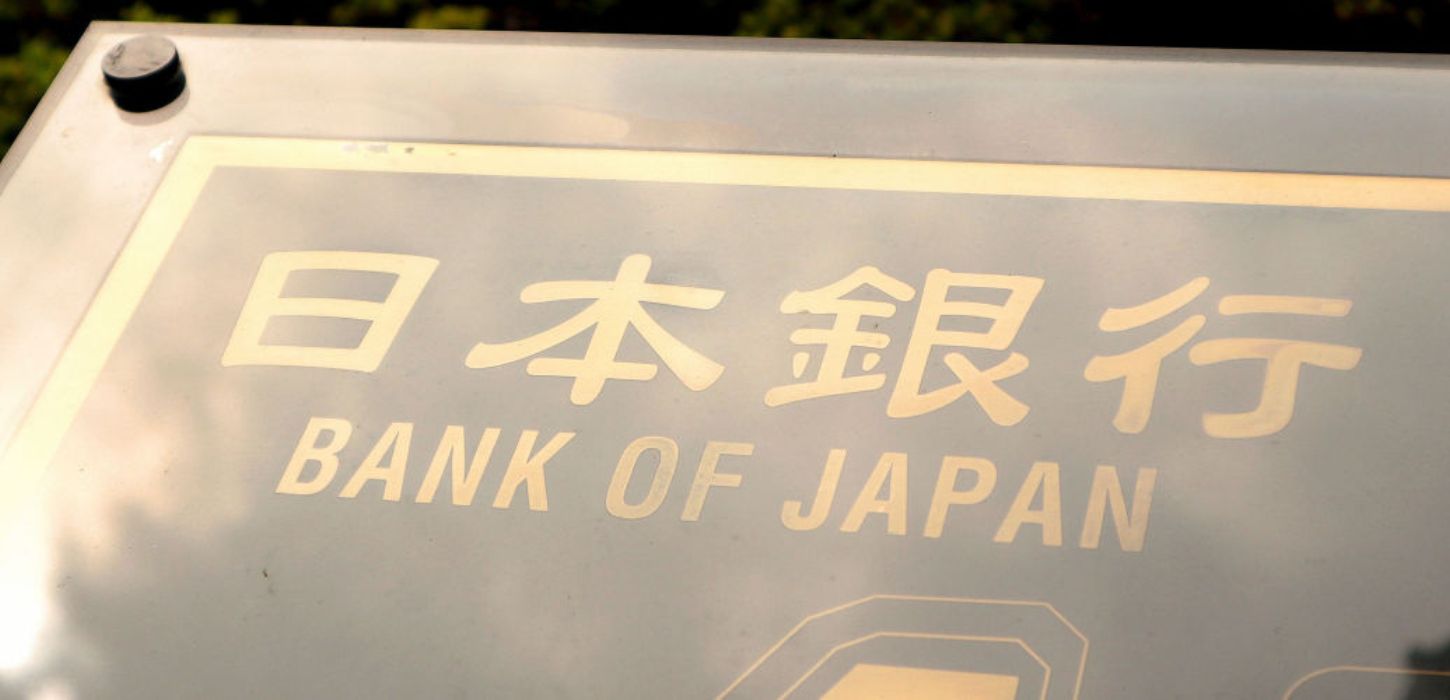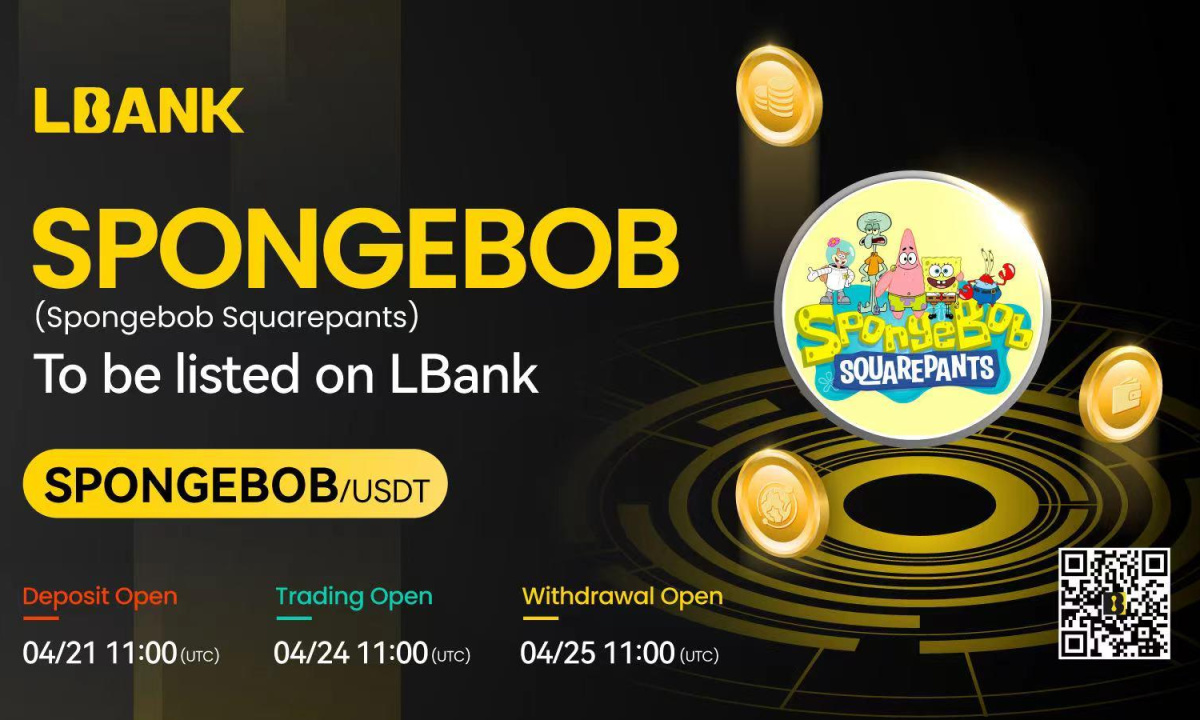Table of Contents
- CBDC Program To Go Ahead
- The Orchestration System
- Many Countries Exploring CBDCs
- Mixed Reactions In The United States
The Bank of Japan (BOJ) has announced the completion of the second stage of its CBDC (central bank digital currency) program and is now moving ahead with its pilot project.
Japan launched its pilot program on CBDCs in April.
CBDC Program To Go Ahead
The bank released a report upon the completion of the second phase of its study on the possibility of the creation of a central bank digital currency. The bank began its first phase for the proof of concept in April 2021, with the second phase beginning a year later. The second phase enhanced and built on the foundational ledger functions explored in the initial phase. The bank stated in its report,
“We have launched in April 2023 and are proceeding with the pilot program. In the pilot program, the end-to-end process flow will be tested, the measures and potential challenges for connection with external systems will be explored, and considerations and solutions indicated as necessary in the PoCs will also be explored.”
It also talked about establishing a CBDC forum to facilitate inputs from the private sector.
“Further, a CBDC Forum will be established with a view to proceeding with institutional arrangements for CBDC in an appropriate manner, and ideas and insights set out by private businesses related to retail payments will be drawn upon to deepen the study.”
The Orchestration System
According to the report, the second phase focused on technologies that would help establish limits on CBDC holdings. The Bank of Japan views this as critical in ensuring long-term financial stability. The limits are in anticipation of abrupt transitions from traditional banking services to CBDCs and also cover situations where one user maintains multiple accounts through different intermediaries. The second phase also studied user-friendly procedures to initiate and schedule payments and technological advantages in ledger designs and database languages. To accommodate multiple transactions more efficiently, the report also studied the introduction of an orchestration system.
In the experiment, a model consisting of 100,000 users and five intermediaries was utilized, testing transactions ranging from 500 to 3000 transactions per second. According to the Bank of Japan, the Proof of Concept achieved its objective, clearing the way for the launch of the CBDC pilot project.
Many Countries Exploring CBDCs
Countries around the world are exploring the possibility of creating a central bank digital currency, according to data from the Atlantic Council. The Atlantic Council tracks CBDCs in over 120 countries. 18 countries are in the pilot stage of launching a CBDC. These include India, China, and Japan. Another 11 countries have launched a CBDC, according to the council.
“In 2023, over 20 countries will take significant steps towards piloting a CBDC. Australia, Thailand, Brazil, India, South Korea, and Russia intend to continue or begin pilot testing in 2023. The ECB [European Central Bank] is also likely to start a pilot next year.”
Mixed Reactions In The United States
However, lawmakers in the United States of America have mixed feelings about a CBDC. Supporters of CBDCs have argued that they can provide better financial services to citizens, while critics have raised concerns that a CBDC could pose significant privacy concerns. Democratic Rep. Jake Auchincloss of Massachusetts and Republican Rep. French Hill of Arkansas have introduced a bill called the “Power of the Mint” to block the Federal Reserve from issuing a CBDC.
Meanwhile, Republican Senator Ted Cruz and Rep. Tom Emmer have also introduced bills to block the Federal Reserve from issuing CBDCs directly to individuals. The Fed has gone on record stating that it has yet to make a decision on issuing a CBDC and would require congressional approval to do so.
Disclaimer: This article is provided for informational purposes only. It is not offered or intended to be used as legal, tax, investment, financial, or other advice.
Investment Disclaimer










